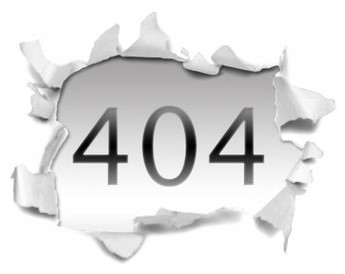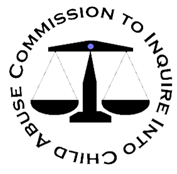This website was recently redeveloped, if you have a saved a link to the old site you will need to update it.
Please click the logo in the top left to go to the new Home Page.
Other areas of the site can be accessed using the link bar at the top of each page. If you are looking for the Commission Report that can be found in Publications –> Commission Report.
If you unable to find something please email info@cica.ie for assistance.

